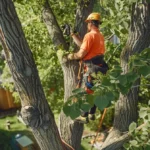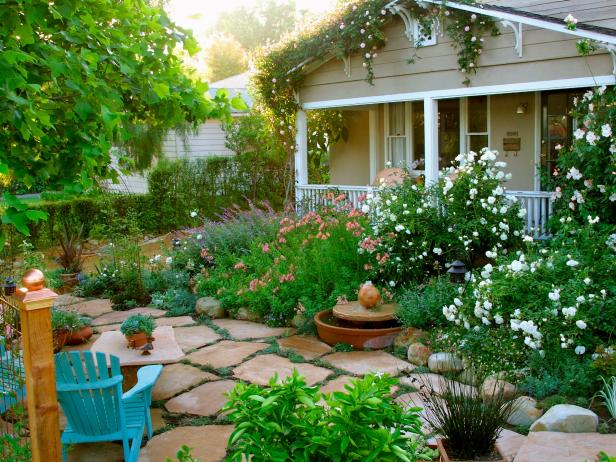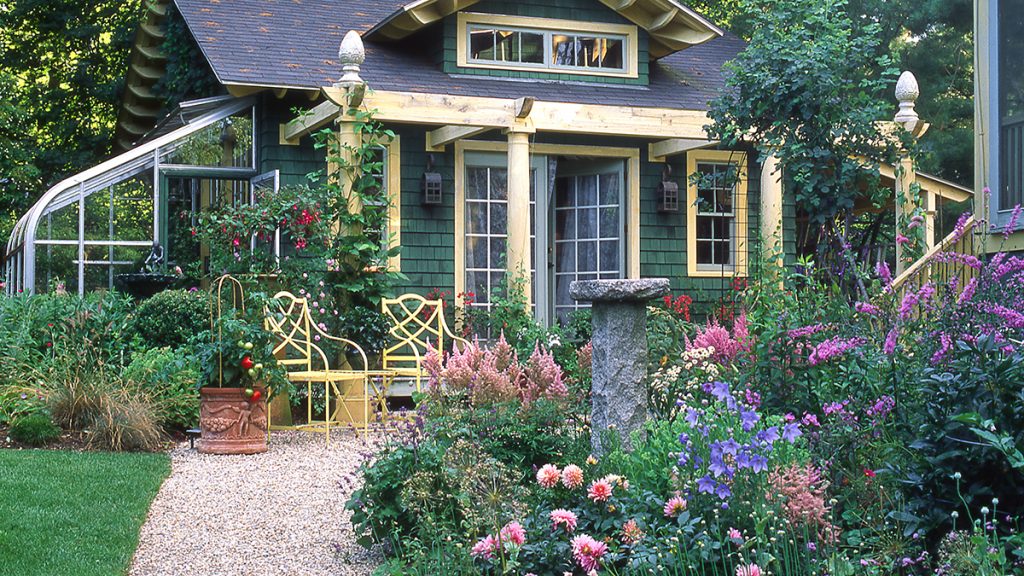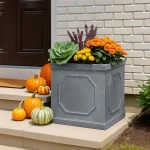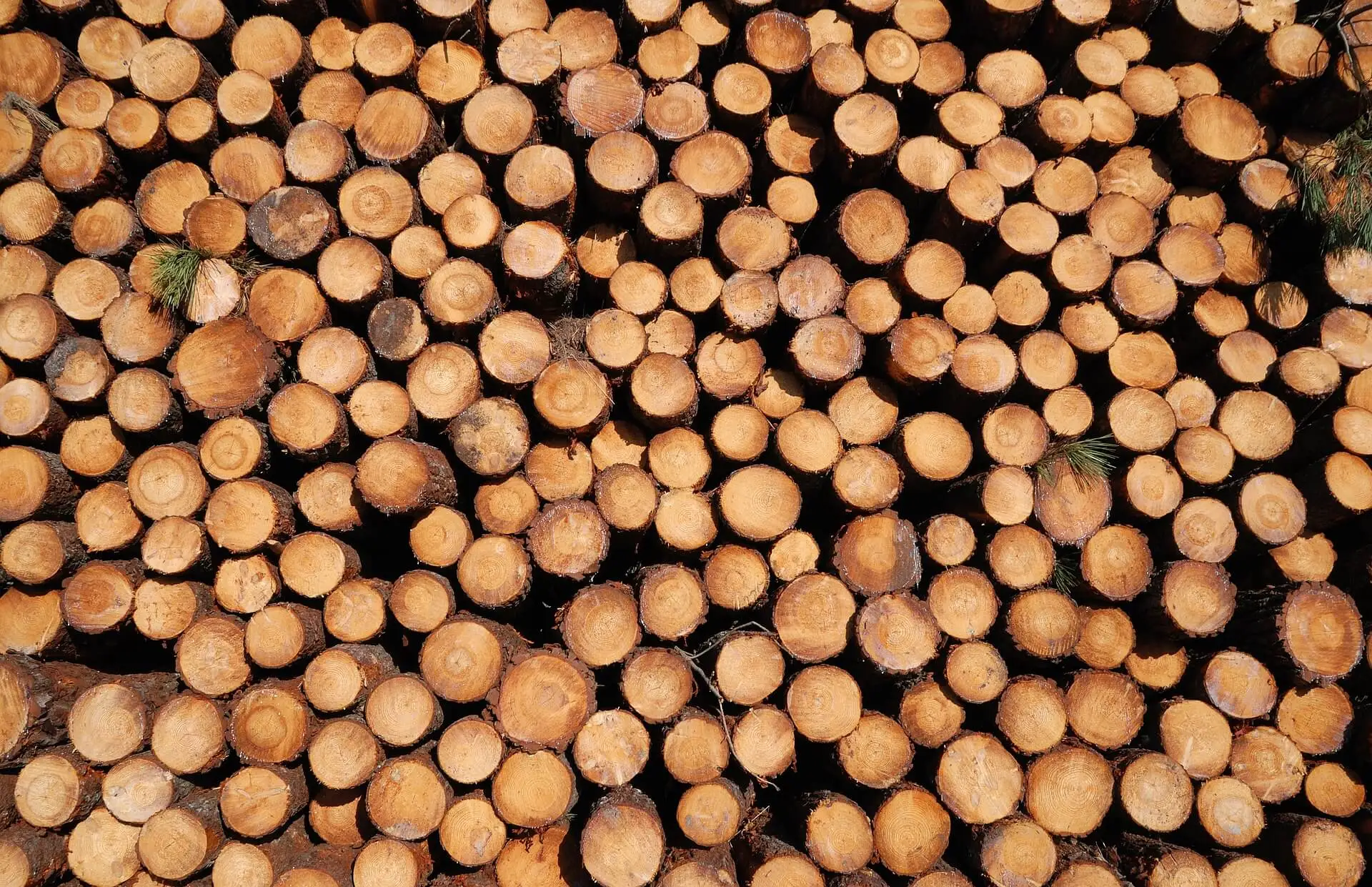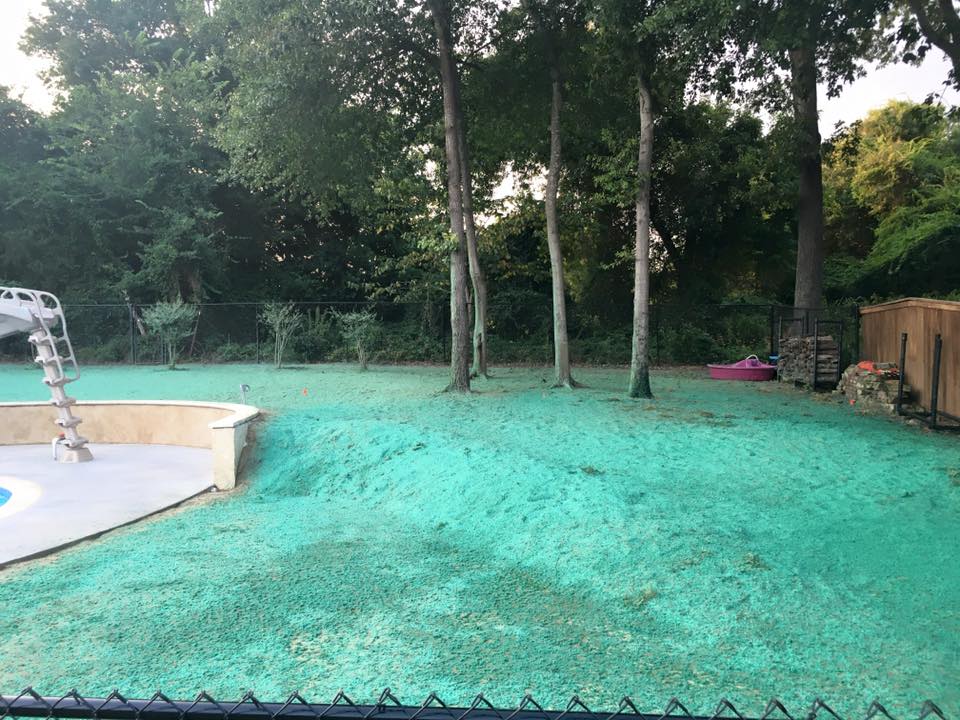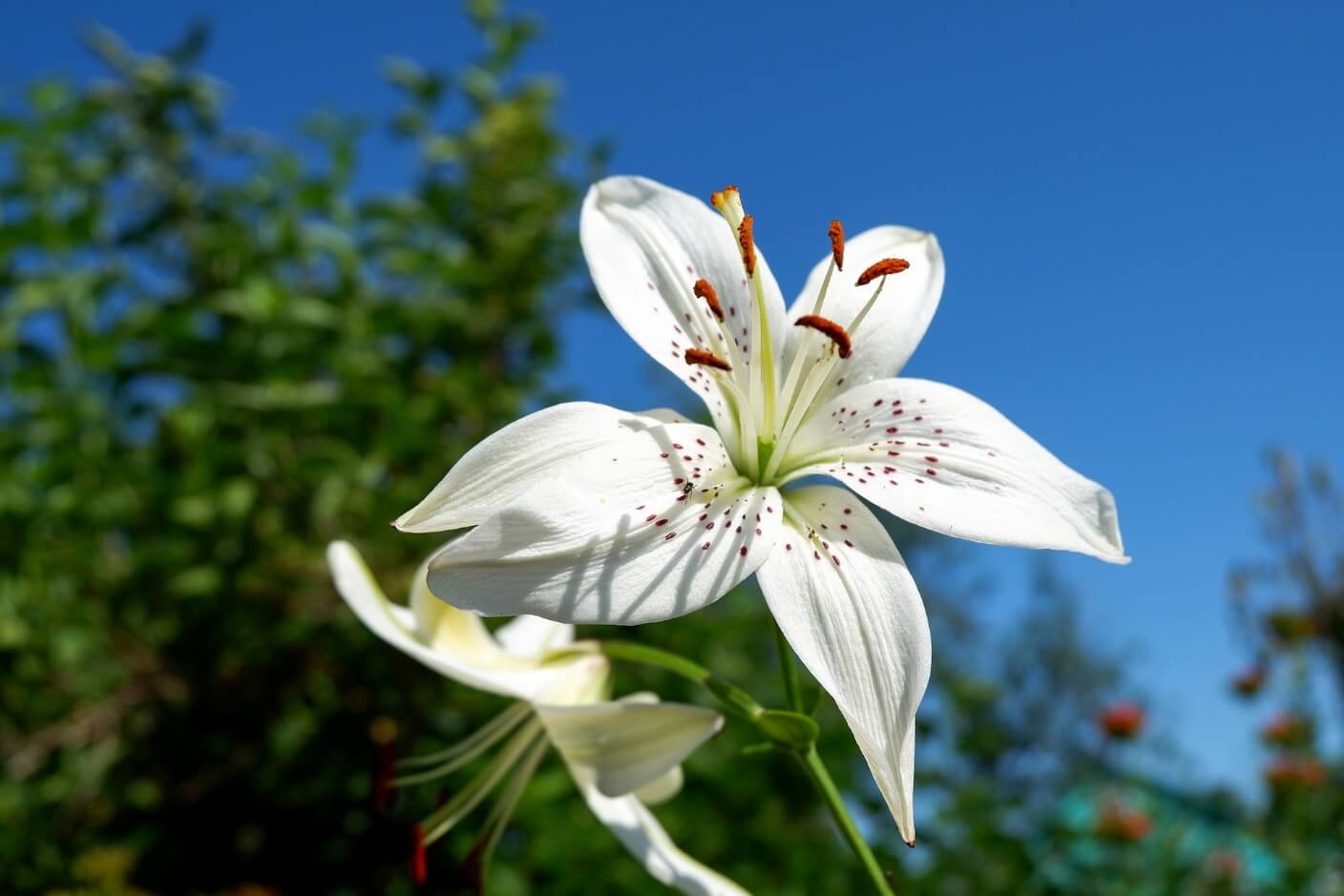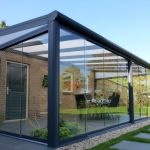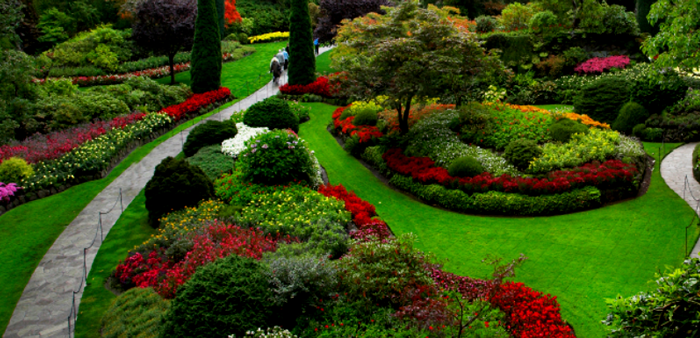Wellington, known for its rolling hills and proximity to nature, offers a unique environment for gardening. However, maintaining a lush garden in this region requires a mindful approach, especially if you’re striving for sustainability. With eco-friendly garden practices becoming increasingly important, homeowners are now seeking ways to keep their gardens flourishing while minimising their environmental impact. This blog explores the concept of sustainable garden maintenance in Wellington, offering practical tips to create and maintain a vibrant, eco-friendly outdoor space.
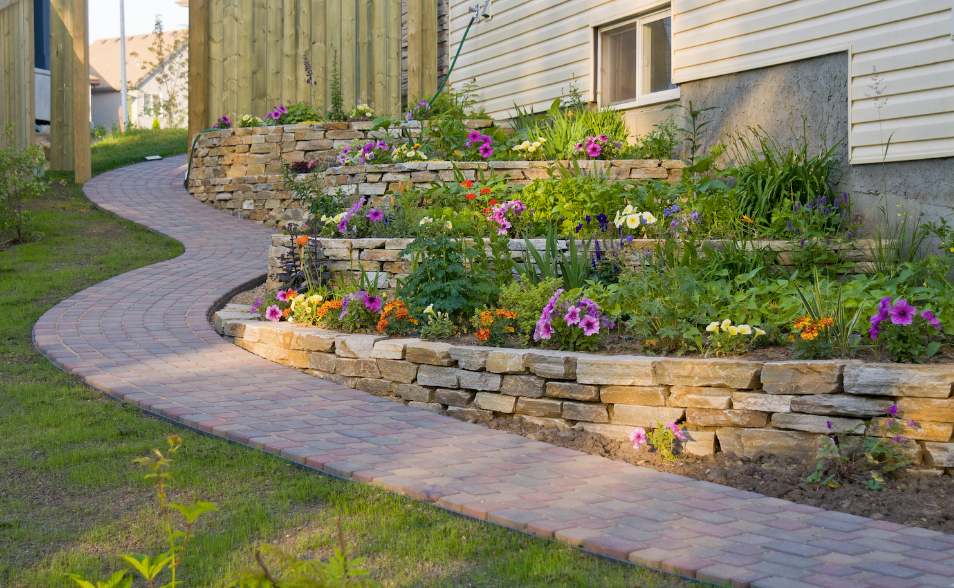
Content
Understanding the Importance of Sustainable Gardening
Sustainability is more than just a trend; it’s a necessity in today’s world. In a city like Wellington, where the climate can fluctuate between cool, windy days and more temperate conditions, gardening requires adaptability. Sustainable practices not only help maintain the health of your plants but also contribute to the overall wellbeing of the local ecosystem.
Eco-friendly garden maintenance involves practices that reduce waste, conserve resources, and encourage biodiversity. By making small but impactful changes, you can enjoy a thriving garden while reducing your carbon footprint and preserving natural resources for future generations.
Choosing Native Plants for Wellington’s Climate
One of the most effective ways to ensure your garden thrives sustainably is by choosing native plants. New Zealand’s indigenous flora is perfectly adapted to the local climate, requiring less water and fertiliser compared to non-native species. For garden maintenance in Wellington, opting for plants such as kawakawa, harakeke, or pohutukawa can significantly reduce the amount of water and care required.
Native plants also encourage the presence of native birds, insects, and other wildlife, contributing to a healthy ecosystem. Moreover, native species are naturally resilient to pests and diseases, meaning you’ll likely need fewer chemical interventions, promoting a more natural balance in your garden.
Water Conservation Techniques
Water conservation is a cornerstone of sustainable garden maintenance, especially in areas that experience variable rainfall like Wellington. Efficient water use not only preserves this precious resource but also reduces your water bill and promotes healthy plant growth.
Installing rainwater harvesting systems is an excellent way to ensure your garden has a sustainable water supply. Collecting rainwater in barrels or tanks allows you to water your garden without relying on municipal water, which may become scarce during dry periods.
Additionally, using techniques such as drip irrigation and mulching can help to minimise water wastage. Drip irrigation delivers water directly to the roots of plants, reducing evaporation, while mulching helps retain soil moisture and reduces the need for frequent watering.
Natural Pest Control Solutions
In a sustainable garden, reducing the use of harmful pesticides is essential. Chemical pesticides not only harm pests but can also negatively impact beneficial insects, birds, and other wildlife. Wellington gardens, particularly those in suburban and rural areas, are home to a range of creatures that play an important role in maintaining ecological balance.
Opting for natural pest control methods ensures that your garden remains healthy and free from harmful chemicals. Companion planting is one effective method; by planting certain species next to each other, you can naturally repel pests. For example, planting marigolds near vegetables can deter aphids, while garlic can keep slugs at bay.
You can also encourage the presence of beneficial insects such as ladybirds and bees, which naturally control pest populations while promoting pollination. Introducing habitats like insect hotels or small ponds can invite these helpful creatures into your garden.
Composting and Organic Fertilisation
Sustainable garden maintenance in Wellington requires nurturing the soil with organic matter. Composting is an excellent way to enrich your garden soil while reducing food and garden waste. Compost provides essential nutrients to plants, improving soil structure and promoting healthier root growth.
Creating a compost heap or using a compost bin can significantly cut down on waste sent to landfill while ensuring your plants receive natural fertilisation. Organic fertilisers, such as compost tea, seaweed extract, or worm castings, offer a chemical-free alternative to synthetic fertilisers, supporting both plant growth and soil health.
Minimising Waste Through Recycling and Reusing
Another vital component of sustainable gardening is reducing waste by reusing and recycling materials within your garden. Instead of purchasing new pots or containers, consider repurposing old ones or using items you might otherwise discard, such as buckets or barrels.
Recycling garden clippings, fallen leaves, and other organic matter back into the garden through composting or mulching helps close the loop on waste, returning valuable nutrients to the soil. This approach not only reduces waste but also lessens the need for external resources like fertilisers and soil conditioners, making your garden more self-sustaining.
Creating Habitats for Wildlife
A sustainable garden does more than just look good—it also provides a home for wildlife. Wellington’s gardens can serve as sanctuaries for birds, insects, and small animals if designed with biodiversity in mind. Installing bird feeders, bee-friendly plants, and small water features can help attract and sustain a variety of species, contributing to a balanced ecosystem.
By encouraging the presence of native wildlife, you are not only supporting local biodiversity but also aiding in natural pest control and pollination. Over time, your garden becomes a thriving hub for nature, enriching both your outdoor space and the wider environment.
Conclusion
Sustainable garden maintenance in Wellington is about working in harmony with nature rather than against it. By adopting eco-friendly practices such as planting native species, conserving water, using natural pest control methods, and nurturing the soil with organic materials, you can create a garden that is not only beautiful but also environmentally responsible.
As more homeowners embrace sustainability, the benefits extend beyond their immediate surroundings, contributing to a greener and healthier city. With the right strategies, you can maintain a lush and vibrant garden while respecting the natural world that surrounds it.

Christine Kelley is a dedicated home blogger who has been blogging for over six years. She covers everything home related. Christine also loves writing posts about her travels to Europe with her husband and two children.



